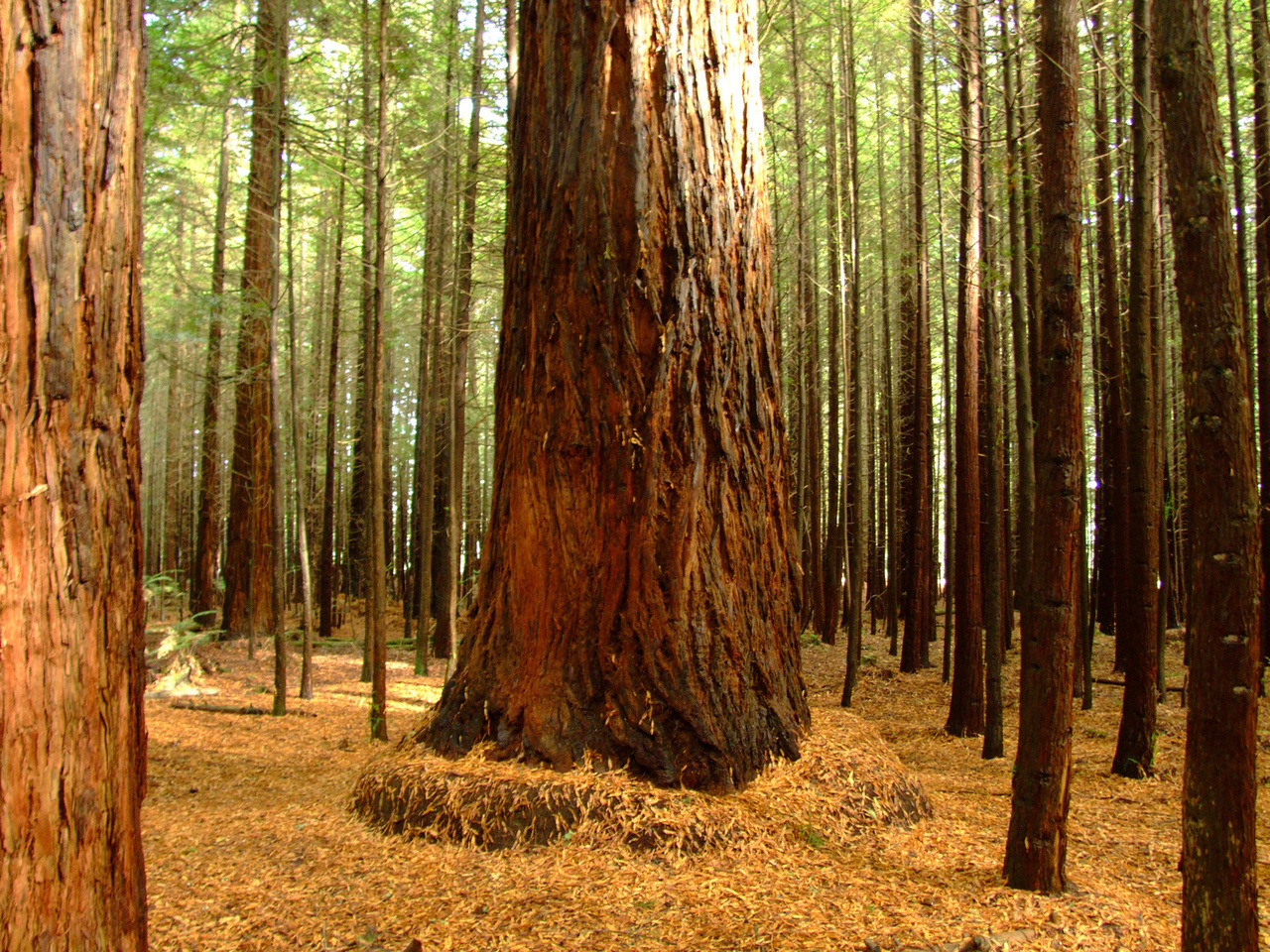Pfizer Will Seek FDA Authorization for COVID-19 Vaccine ‘Within Days’
Pfizer and BioNTech expect to ask for emergency permission within a matter of days to start distributing their COVID-19 vaccine, the companies said Wednesday—as they released a trove of new data showing the vaccine is about 95% effective.
A request to the Food and Drug Administration (FDA), which evaluates all new medications brought to market, would be a dramatic milestone. Public health experts view vaccination against COVID-19 as an important part of achieving herd immunity protection to slow and eventually control the pandemic.
It would also be an important scientific milestone. If granted, the Pfizer and BioNTech vaccine would be the first shot based on a new mRNA technology to receive FDA authorization. The platform allows scientists to speed up the development of vaccines, since all they need is the virus’ genetic sequence in order to get to work. That efficiency led Pfizer, as well as another biotech, Massachusetts-based Moderna, which reported its COVID-19 vaccine is 94.5% effective, to create vaccines and have them ready for human testing in a matter of months. Other vaccine makers, including French company Sanofi, are also pursuing mRNA COVID-19 vaccines and getting close to completing their late-stage human trials.
Once the companies submit their request for emergency use authorization to the FDA, the agency will review the data and could make a decision quickly, based on the quality of data and the urgent need for a vaccine to address the pandemic.
Read more: Inside the Company That’s Hot-wiring Vaccine Research in the Race to Combat the Coronavirus
It’s worth noting that the vaccine was tested for its effectiveness in protecting against symptoms of COVID-19, and not protecting against infection with the coronavirus. All of the COVID-19 cases in the study were confirmed after people reported symptoms of infection; researchers then looked at those who were positive for COVID-19 and compared the vaccinated and placebo groups for whether they developed more symptoms of the disease. Such protection, however, is still important as the pandemic continues to sweep around the world and doctors have little ability to predict who will get more severely ill.
New York-based Pfizer, which partnered with German biotech BioNTech, was the first to report results from its Phase 3 study of a pandemic vaccine. The initial results, released Nov. 9, noted that it was more than 90% effective in protecting people from symptomatic COVID-19 disease. Moderna then reported a week later that its vaccine was 94.5% effective. The newly released data from Pfizer shows similar efficacy.
Pfizer and BioNTech’s initial announcement included data from 94 cases of COVID-19 among both the vaccinated and placebo groups in the Phase 3 study. In the new written release, Pfizer said its full data report involved more than 43,000 study participants and logged 170 cases of COVID-19—162 of which occurred among people receiving the placebo shot. Just eight people who had received the two-dose vaccine got sick with COVID-19. The vaccine was equally effective in older as well as younger people; the shot was 94% effective in protecting against COVID-19 illness among those over age 65. There was encouraging data that the vaccine also protected against severe disease—of the 10 people in the trial who experienced severe COVID-19, only one had received the vaccine; the rest had gotten a placebo.
Read more: Why You May Not Be Able to Get Pfizer’s Frontrunner COVID-19 Vaccine
Most importantly, Pfizer says it fulfilled the FDA’s safety requirement of following most of the study participants for two months to ensure they did not experience serious side effects or adverse events.
If the vaccine is authorized, hospitals, pharmacies and other health centers will have to be ready to handle the doses properly. While mRNA technology allows researchers to more efficiently develop vaccines, the shots are temperature sensitive. Pfizer’s vaccines need to be stored at -70° C (-94° F), much lower than most freezers at health facilities, so the company is planning to ship vials in special thermal containers that can maintain such ultra-cold temperatures for up to 15 days with dry ice.
Pfizer plans to produce 50 million doses of its vaccine by the end of 2020, and up to 1.3 billion doses through 2021 at its four manufacturing plants in Andover, Mass.; Kalamazoo, Mich.; St. Louis, Mo.; and Puurs, Belgium.
That means that initially, doses will be limited and until researchers learn more about how long the vaccine-induced protection against the COVID-19 virus lasts, we will still be wearing masks, washing our hands frequently, and social distancing to curb spread of the virus.
View original article
Contributor: Alice Park

